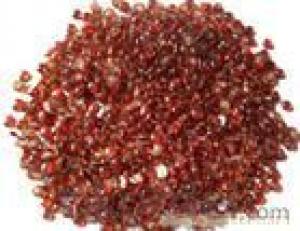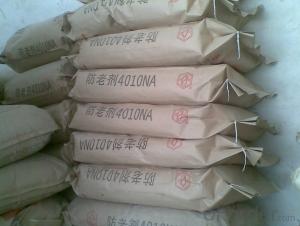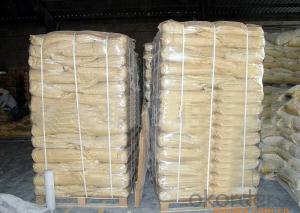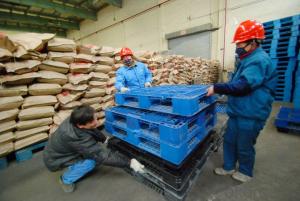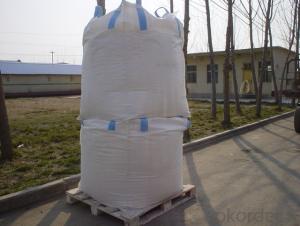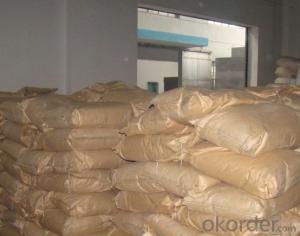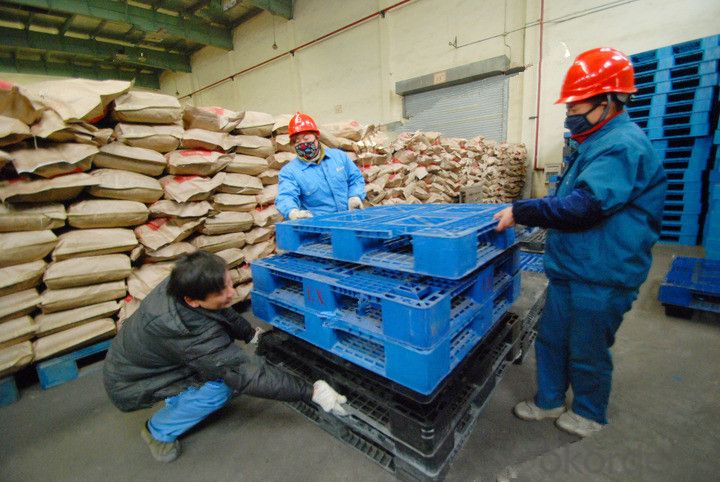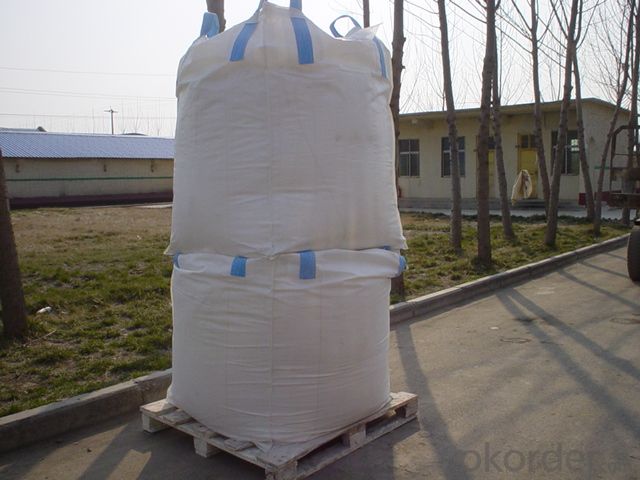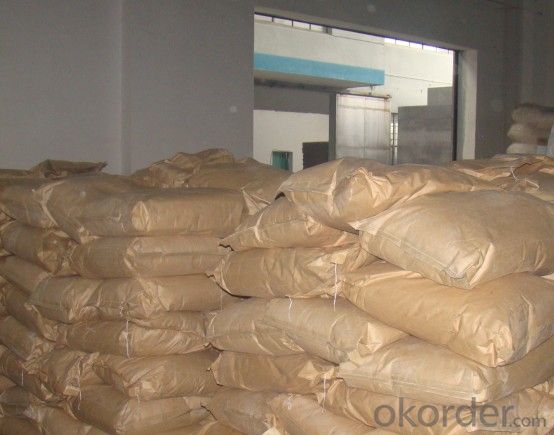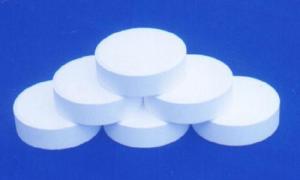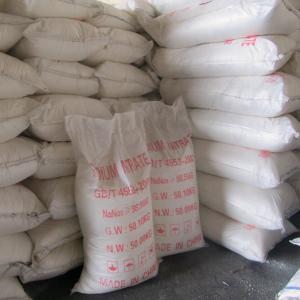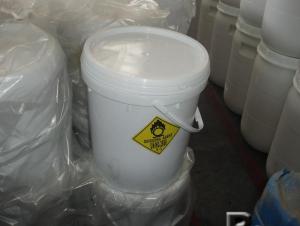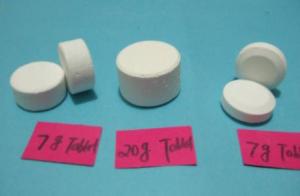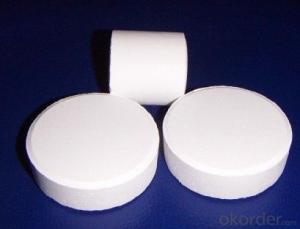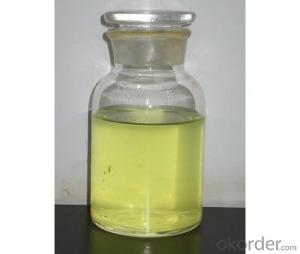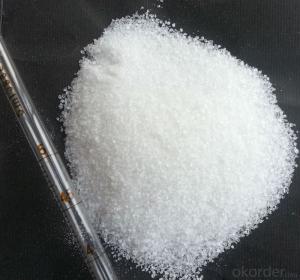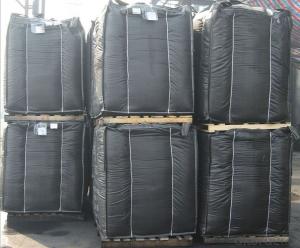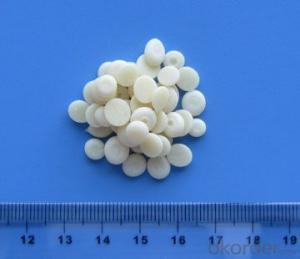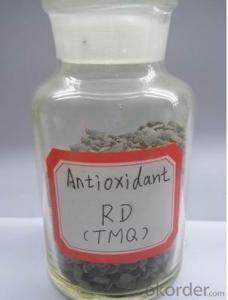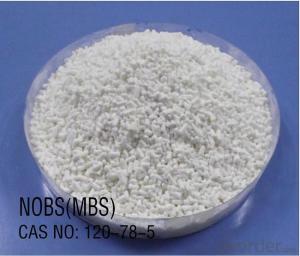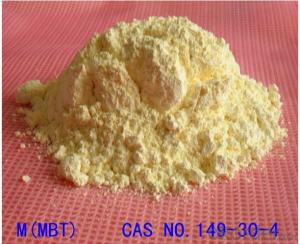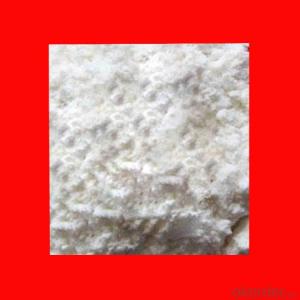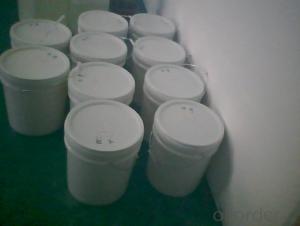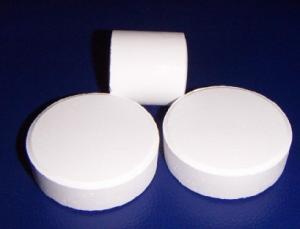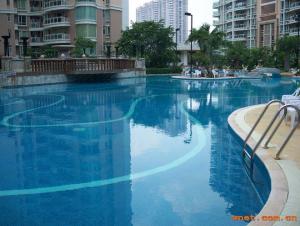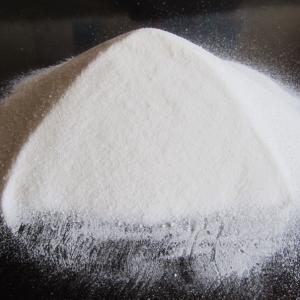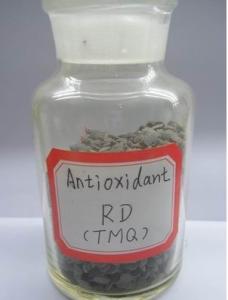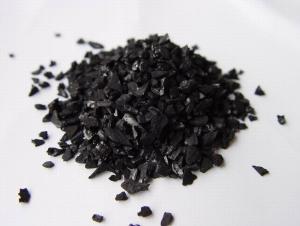Rubber Chemcials Rubber Antioxidant PBN (D)
- Loading Port:
- Tianjin
- Payment Terms:
- TT OR LC
- Min Order Qty:
- 25 m.t.
- Supply Capability:
- 12000 m.t./month
OKorder Service Pledge
OKorder Financial Service
You Might Also Like
PBN (D)
Chemical name:N-Phenyl-β-Naphthylamine
Molecular formula:C16H13N
Molecular Weight: 219.29
CAS NO.:135-88-6
Executive standard:Q/12HG 4521-2001
Specification:
| Index |
Appearance: | Light gray or brown powder |
Soften Point,℃ ≥ | 105.0 |
Loss on drying,%≤ | 0.20 |
Ash,%≤ | 0.20 |
Screen residue (100meshes),% ≤ | 0.2 |
phenyl amine content | No blue and purple reaction by testing |
Magnet object content ,% ≤ | 0.008 |
Properties: Light gray powder, the temperature of 108℃, the boiling point of 395.5℃, the relative density of 1.18. Extreme soluble acetone, ethyl acetate, methyl chloride, benzene, carbon disulfide, soluble in alcohol, carbon tetrachloride, is not soluble in water and petrol. Exposure to the air and sunlight will gradually become red ash.
Applications: The product is mainly used for natural and synthetic. Used in tyres, rubber belts, rubber shoes and so on.
Packing:Polypropylene knitted bags lined with polyethylene bags.Net weight 25kg per bag.
Properties: The product should be stored in the dry and cooling place with good ventilation . The product should be avoid hot sunshine.
- Q: In the chemical calculation, the quality of the catalyst should not be counted before and after the reaction
- Half is not easy to save trouble
- Q: Why is the catalyst in the chemical balance, the rate of change and balance?
- But the positive reaction rate is accelerated, but also speed up the reverse reaction rate, the two increase the same multiple, so the system is still in a stable state, the same balance.
- Q: What is the difference between electrocatalysis and general chemical catalysis?
- General chemical catalysis is a catalyst, and electrocatalysis also need to be carried out under the conditions of the electric field
- Q: the heterogenous catalyst ZSM-5 IS used to convert ?
- Zeolite-based heterogeneous catalysts are used by industrial chemical companies in the interconversion of hydrocarbons and the alkylation of aromatic compounds. A very good example is the zeolite ZSM-5. This zeolite, developed by Mobil Oil, is an aluminosilicate zeolite with a high silica and low alumininum content. Its structure is based on channels with insecting tunnels. The aluminium sites are very acidic. The substitution of Al3+in place of the tetrahedral Si4+ silca requires the presence of an added postive charge. When this is H+, the acidity of the zeolite is very high. The reaction and catalysis chemistry of the ZSM-5 is due to this acidity. The ZSM-5 zeolite catalyst is used in the petroleum industry for hydrocarbon interconversion. An example use is in the isomerizations of xylene- from meta to para-xylene. The acidic zeolite promotes carbocation isomerizations. There are two suggested mechanisms for this type of isomerizations. Firstly shape may play a role. Perhaps para-xylene has a shape which allows it to diffuse rapidly through the zeolite structure, whereas as meta-xylene takes longer to pass through the zeolite and thus has more opportunity to be converted into the para-xylene. Secondly, is that the orientation of reactive intermediates within the zeolite channels favors specifically para-xylene.
- Q: What is a Catalyst?
- Catalyst is a chemical substance which is used in chemical reactions in relatively small amounts to start up or increase the rate of the reaction without being consumed in the process. For example, Sulfuric Acid is used to dehydrate Ethanol to Ethylene. Enzymes in living beings are biological catalysts. Manganese dioxide, used to decompose Hydrogen Peroxide to Oxygen and Water. For detailed answer.... en.wikipedia.org/wiki/Catalysis
- Q: What is the difference between an enzyme catalyst in a living body and a catalyst in chemistry?
- Enzyme has a high catalytic efficiency (high efficiency) Generally speaking, the reaction rate of the alcohol catalyzed reaction rate is 106-1013 times higher than that catalyzed by the chemical catalyst
- Q: Effect of Catalyst on Chemical Reaction Rate
- The catalyst can reduce the activation energy of the chemical reaction and allow the reaction to take a shortcut
- Q: What is the difference between biological and chemical catalysts?
- Biological catalyst: 1. Biological catalysts or enzymes are high molecular weight globular proteins. 2.Their composition may change at the end of reaction. 3.Their catalyzing effect is very high. i.e faster than chemical catalyst. 4.They are reaction specific. i.e One enzyme or biological catalyst may catalyze only particular type of reaction and not many. 5.They are intolerant to temperature and pH changes. An enzyme can not function outside its temperature or pH range. e.g amylase,lipase,pepsin Chemical catalyst: 1.Chemical catalysts are simple inorganic molecules with low molecular weight. 2.They remain unchanged at the end of reaction. 3.They are slower compared to enzymes. 4.They are not reaction specific. 5.They function within wide range of temperatures,pH or pressure. e.g vanadium dioxide, platinum
- Q: High school stage which organic chemical reactions do not use catalyst
- Olefins, alkynes, making bromine water, potassium permanganate fade.
- Q: how do catalysts help in green chemistry?
- Catalysts reduce the energy barrier for reactions, meaning they require less energy to make the forward reaction go. This means less heat, light, or other energy sources are required to perform the same reaction without a catalyst. Also, by definition, a catalyst is not consumed in a reaction and can therefore be recycled many many times before replacement is necessary.
Send your message to us
Rubber Chemcials Rubber Antioxidant PBN (D)
- Loading Port:
- Tianjin
- Payment Terms:
- TT OR LC
- Min Order Qty:
- 25 m.t.
- Supply Capability:
- 12000 m.t./month
OKorder Service Pledge
OKorder Financial Service
Similar products
Hot products
Hot Searches
Related keywords
